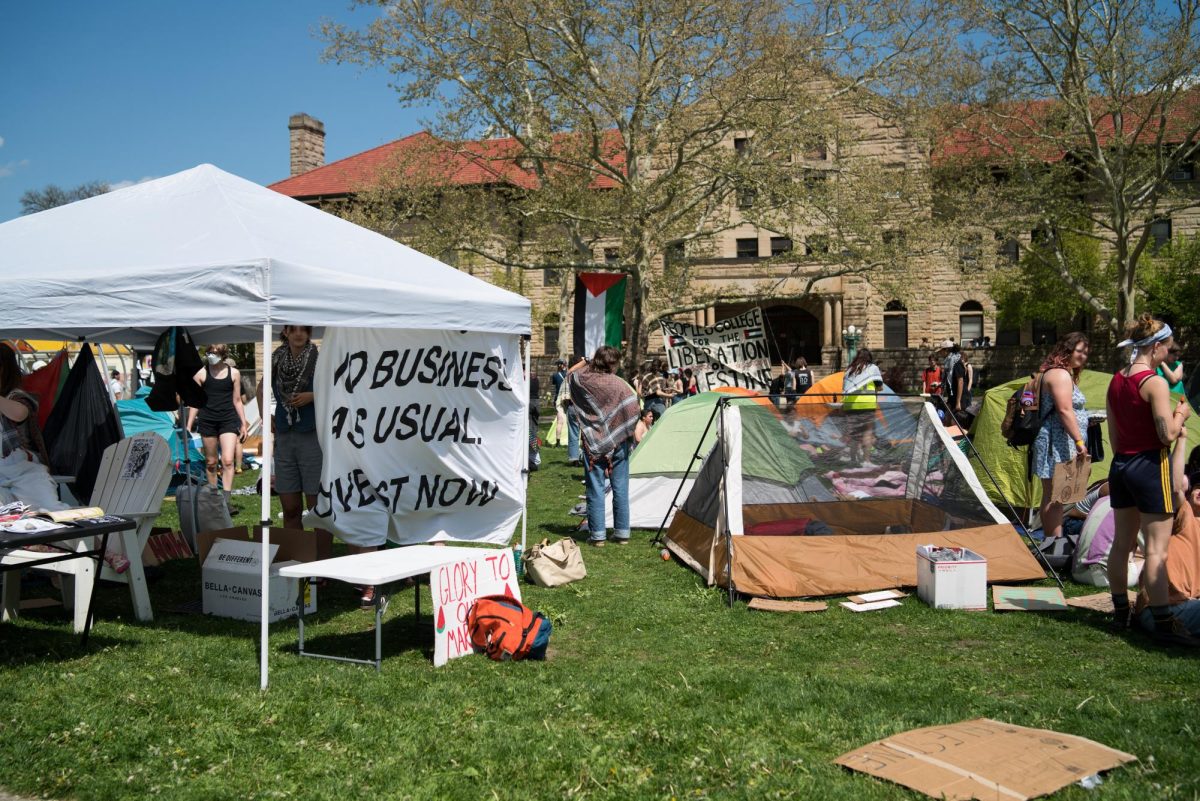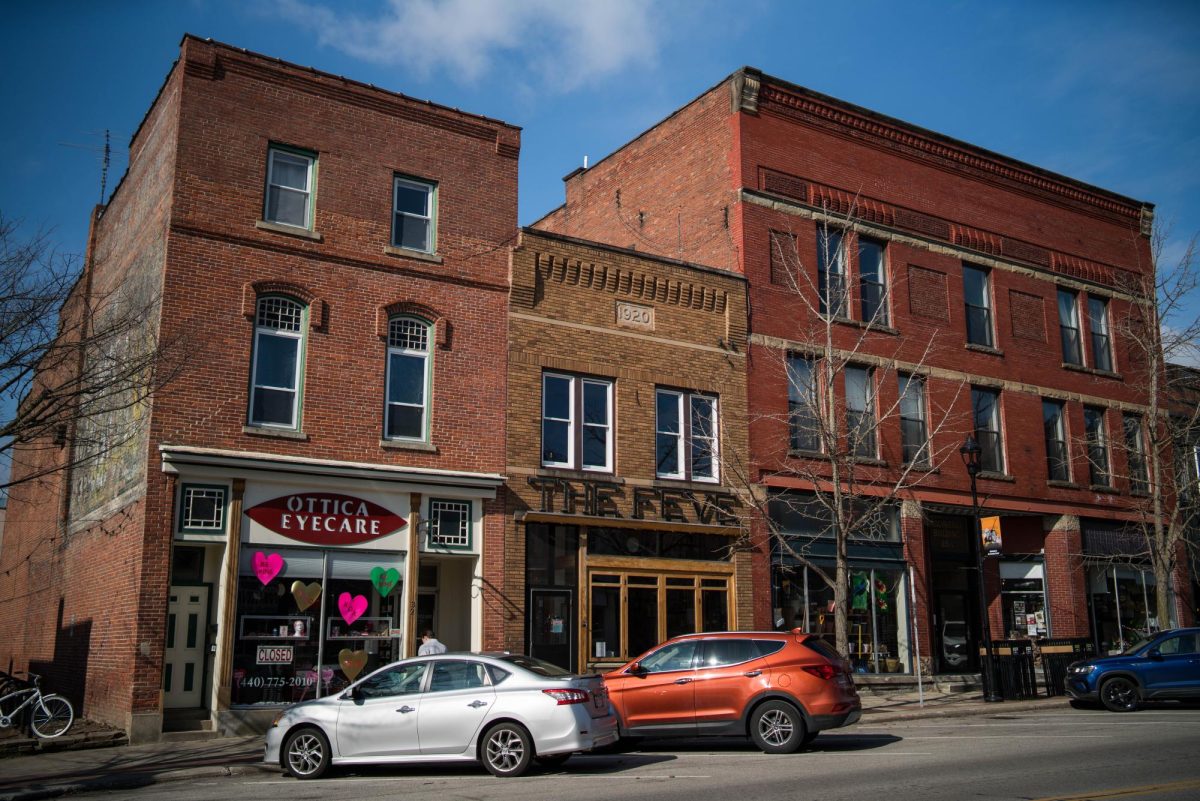On Wednesday, Student Health Promotion and Prevention Services hosted a workshop called “Brain and Disease of Addiction” in partnership with The LCADA Way, the Rural Response Network, and Overdose Lifeline. The workshop focused on the science behind addiction, as well as the importance of using the correct language to describe addiction. It was presented by Emily Winfield, a prevention specialist at The LCADA Way. This was the third workshop in a three-part series. The first two workshops, “Guide to Harm Reduction” and “Removing the Shame and Stigma of SUD,” were held Oct. 27 and Nov. 7, respectively.
Debbie Kelly, a coordinator for the Rural Response Network, said that the group received an implementation grant based on an assessment of the organization’s needs. She had noticed that there was a lack of support on campus for students regarding substance use, citing the lack of peer support groups or resources at the Counseling Center. The presentation also highlighted Oberlin’s suburban-rural location and its lack of treatment centers compared to urban areas such as Cleveland, Elyria, or Lorain.
“We just felt that that was a gap, and with this opportunity with the grant, we’re really just trying to work with the College across that continuum to see where they can fill in some gaps [in] services, where the community can help support those,” Kelly said.
The Rural Response Network has done tabling and screening events before, along with a workshop with Campus Safety, but this is the first year that workshops are being offered to students and faculty. Turnout and engagement with these workshops have been low. However, both Kelly and Winfield have expressed optimism about their programming. Winfield, who grew up in Oberlin, drew on her interest in education when it came to removing the stigma around substance use.
“Sometimes it is a bit of a slow start because we need to have that engagement with people, and they need to be ready and willing to talk as well,” Winfield said. “I know that for some families, they do still feel like this is a closed-door conversation. But at the same time, there shouldn’t be that shame or stigma, and this is something that people can get help with.”
Kelly added that the Rural Response Network also received a grant for $1 million that will be available until August 2025, and are looking to build other projects for the benefit of the community.
“We’ve developed partnerships with the pharmacies, so they are actually passing out information on medication and where you can get locking medication bags and disposal pouches,” Kelly said. “We are working with a social equity working group. We just developed bookmarks and resource cards to distribute to residents with numbers. We’re working with … the College around their training of officers. I think ultimately residents, students, faculty, and staff at the College will have easier access, more knowledge. We’re hoping to demystify substance use so that people are not negatively impacted by the stigma related and will get help that they need.”








